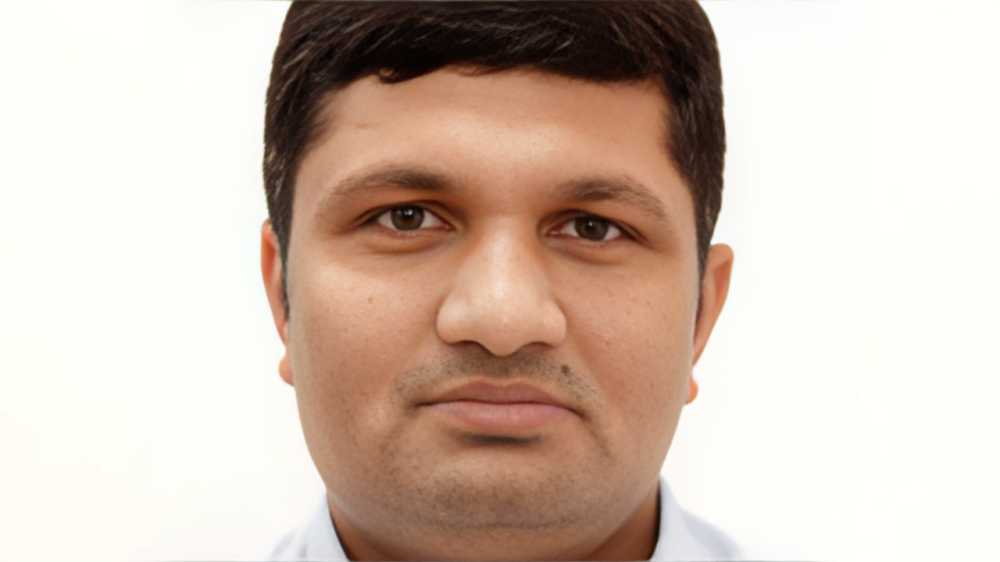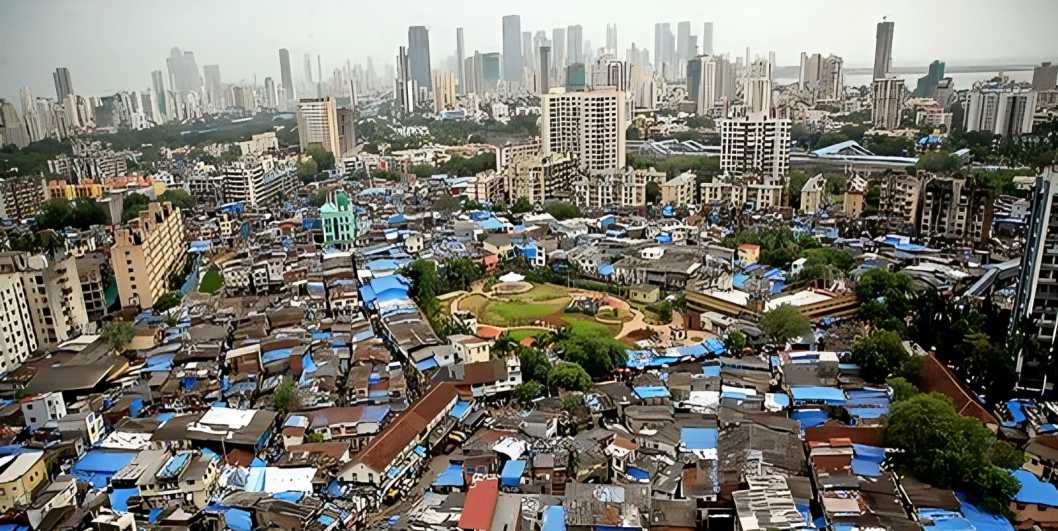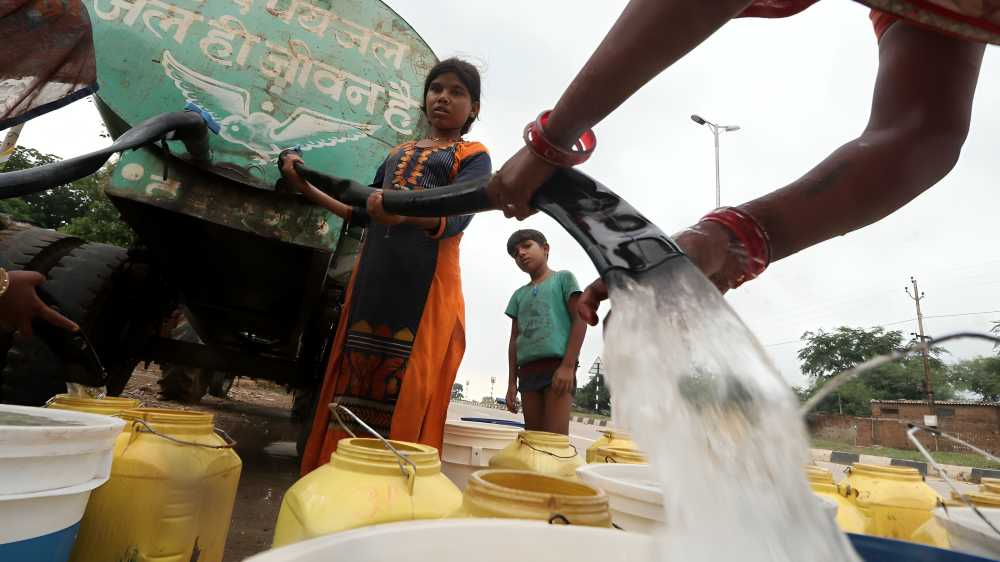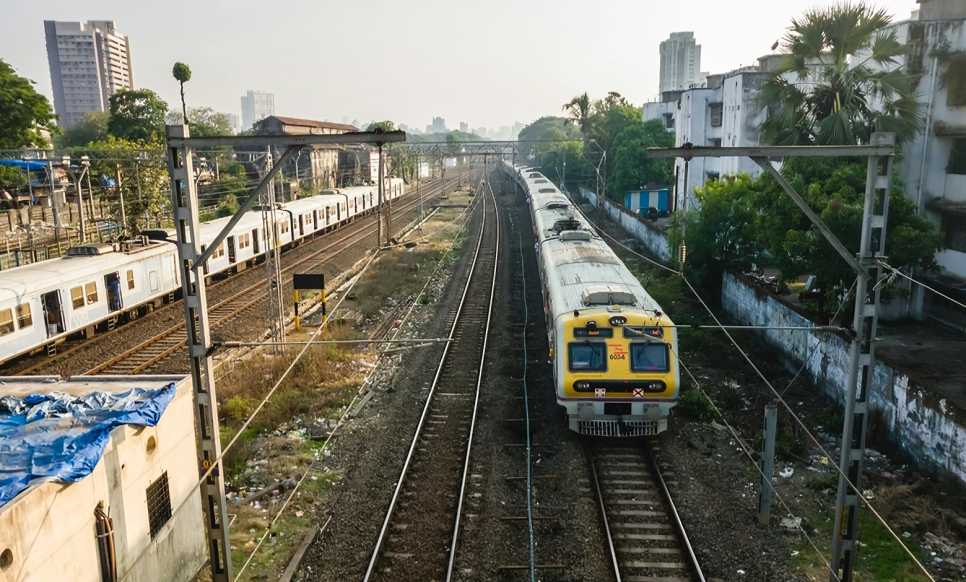November 10, 2025: Mumbai’s Deputy Municipal Commissioner for Solid Waste Management, Kiran Dighavkar, said that the city’s waste management challenge stems largely from the behavioural habits of its residents. “The biggest challenge for Mumbai is behavioural patterns among its public,” he said, adding that nearly 50 per cent of the city’s population lives in informal settlements where garbage is generated continuously.
Dighavkar was speaking after Mumbai was ranked eighth among India’s dirtiest cities in the Swachh Survekshan 2025 report. He explained that even with 30,000 labourers deployed daily, bins fill up within hours due to the city’s 24×7 activity and floating population. “In A Ward, the night population is only 1.65 lakh while the daytime population is 40 lakh,” he said, citing the daily influx of workers and hawkers as key contributors to waste generation.
On the new ₹4,000-crore service-based waste management plan, Dighavkar said the system will “fix accountability” by assigning both vehicles and waste collection duties to contractors. “They will now be paid based on the weight of waste collected, motivating them to maximise collection,” he explained.
Addressing public concerns over job losses, Dighavkar said, “We have assured unions that no labourer will lose work or benefits. They will be redeployed for cleaning and second sweeping.”
He also highlighted the BMC’s efforts to strengthen waste segregation. “We are deploying separate vehicles for dry waste and modernising 46 dry waste centres with automated systems,” he said.
Dighavkar added that construction and demolition waste is now a bigger issue than household garbage, with Mumbai producing about 8,000 metric tonnes daily. “We plan to expand our waste treatment capacity as per the new Solid Waste Management Rules, 2025,” he said, noting that proper recycling of such debris will be a top priority going forward.
Source: The Indian Express





